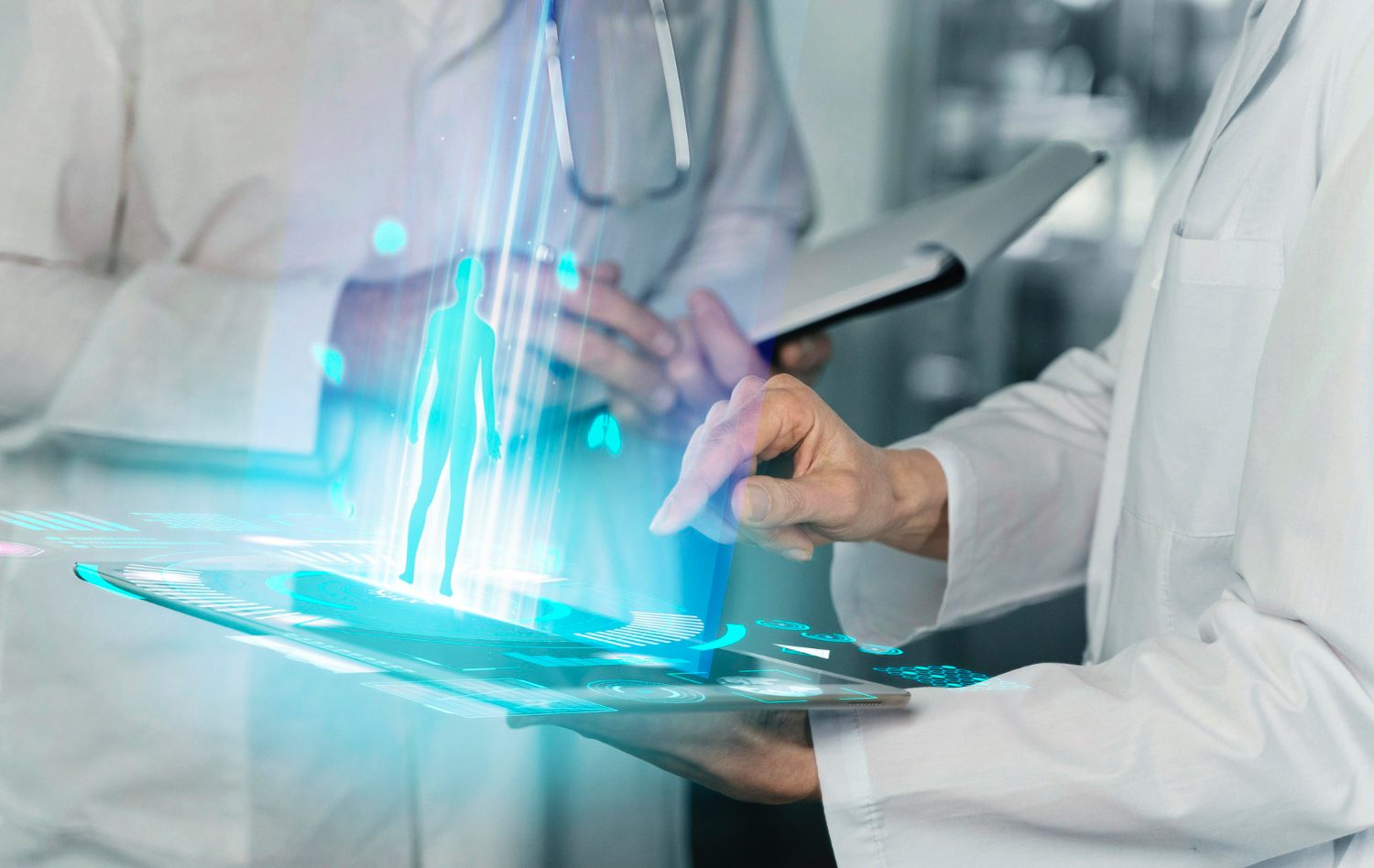

Researchers at the University of the West of Scotland (UWS) believe that cutting-edge artificial intelligence (AI) that automatically diagnoses lung ailments, such as tuberculosis and pneumonia, could lessen the strain that the winter months place on hospitals.
A variety of diagnostic tests, including computerized tomography (CT) scan, blood tests, X-rays, and ultrasounds, are frequently needed to diagnose tuberculosis and pneumonia—potentially deadly illnesses that mostly affect the lungs. These procedures can be pricey, and there are frequently long wait times for the outcomes.
Medical professionals may experience some stress alleviation due to AI
The ground-breaking technique, designed by UWS, has been demonstrated to automatically diagnose a variety of various lung ailments in a matter of minutes with a 98 percent accuracy rate. It was initially developed to instantly detect COVID from X-ray scans.
Professor Naeem Ramzan, a UWS researcher, stated that systems like these could prove to be vital for busy medical teams globally. Through the rapid and precise diagnosis of disease, it is intended that the technology will lessen the strain on overworked hospital departments, freeing up radiographers who are in constant demand, cutting down on test result wait times, and streamlining the testing procedure.
The system was developed by UWS Professor Ramzan, and UWS Ph.D. candidates Gabriel Okolo and Dr. Stamos Katsigiannis.
There’s no denying that hospital departments around the world are under pressure, and the COVID outbreak made matters worse by placing an additional burden on already overworked employees and departments. Technology that can relieve some of these demands and rapidly and effectively identify a variety of ailments, helping to free up important staff time, is truly needed. Pneumonia, TB, and COVID can all be diagnosed with the help of X-ray imaging, which is an affordable and widely available diagnostic technology. Automated diagnosis utilizing chest X-ray scans is now a very real possibility in medical settings because of recent advancements in AI.
The cutting-edge method makes use of X-ray technology and compares scans to a database of thousands of images from COVID, tuberculosis, and pneumonia patients. The diagnosis is then made using a technique known as a deep convolutional neural network, an algorithm generally used to assess visual imagery.
The approach was shown to be 98% accurate after a lengthy testing process.
The problem solved by AI is big-scale: hospitals all across the world are experiencing ongoing stress. This is evident all around the UK as NHS continues to be under tremendous strain, with overworked medical professionals suffering the brunt of it. Another instance of UWS research being conducted with a purpose and having an impact as we look for answers to the world’s problems. The technology’s usefulness for identifying other disorders including cancer using X-ray imaging is also being investigated by UWS researchers.


